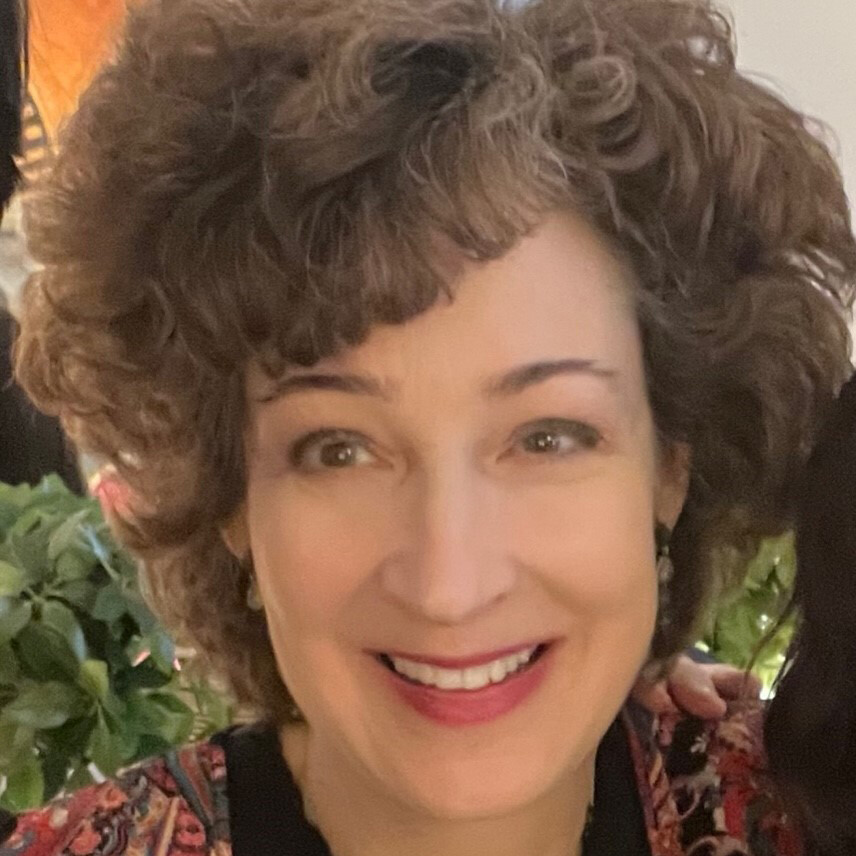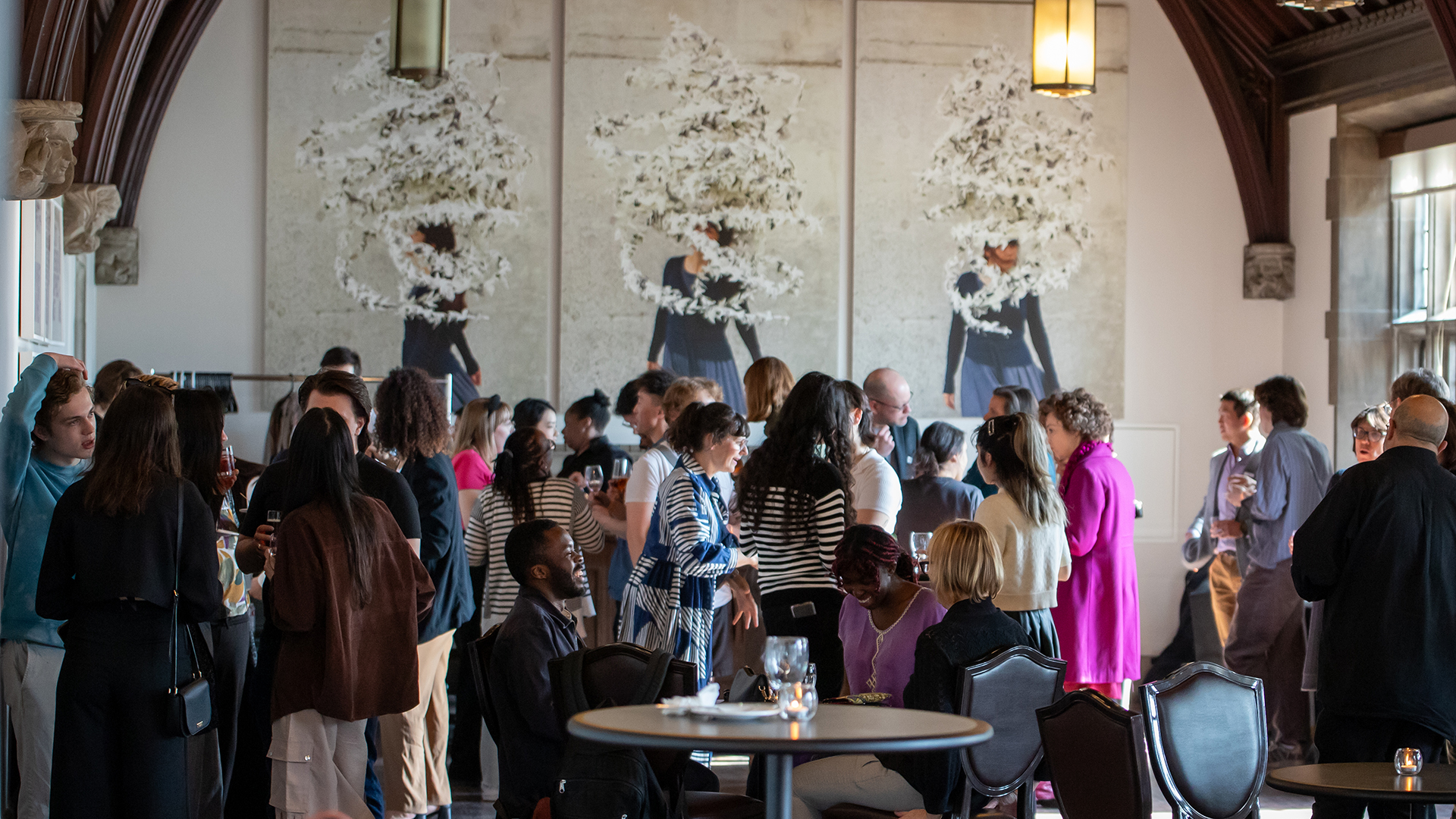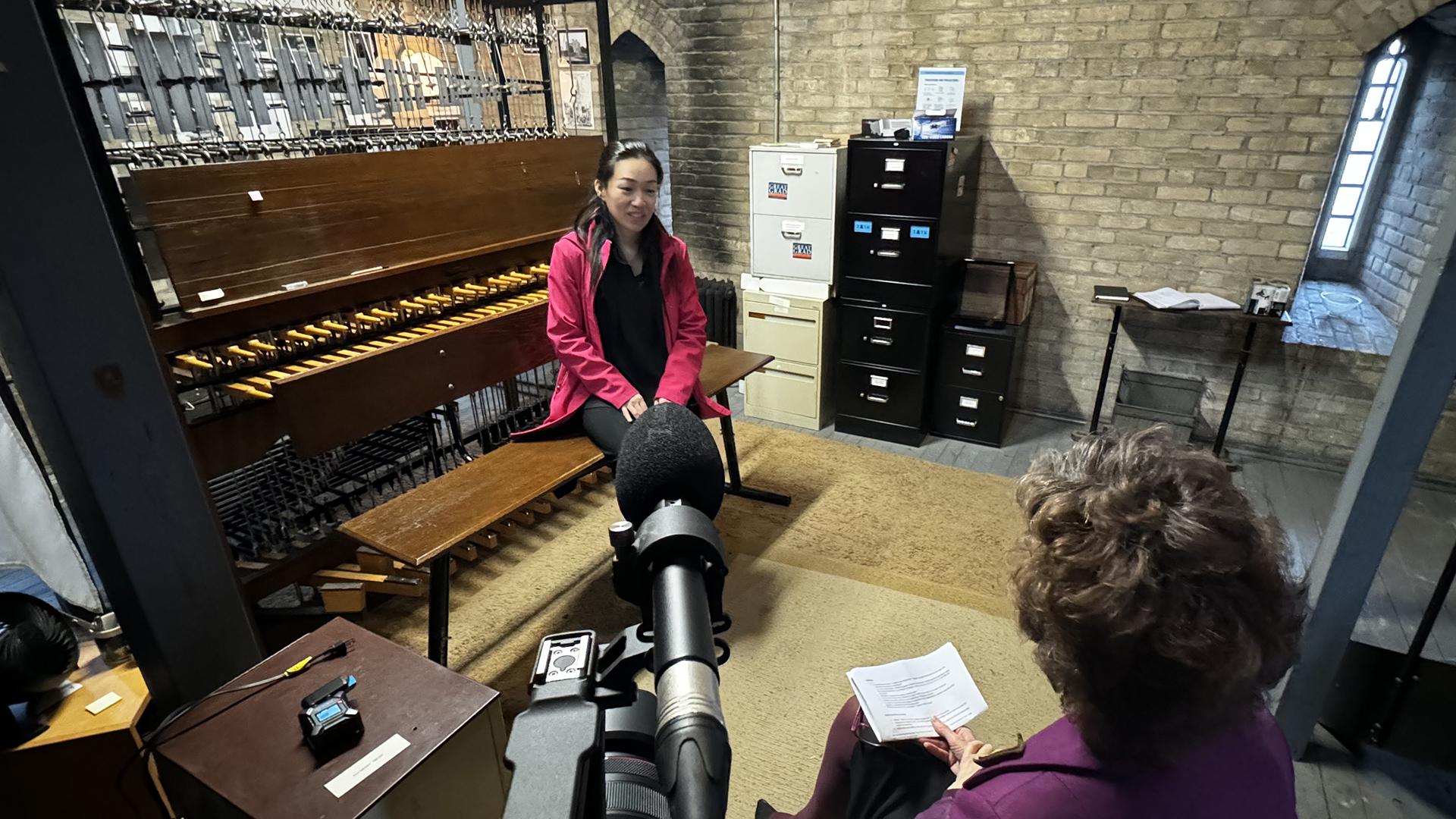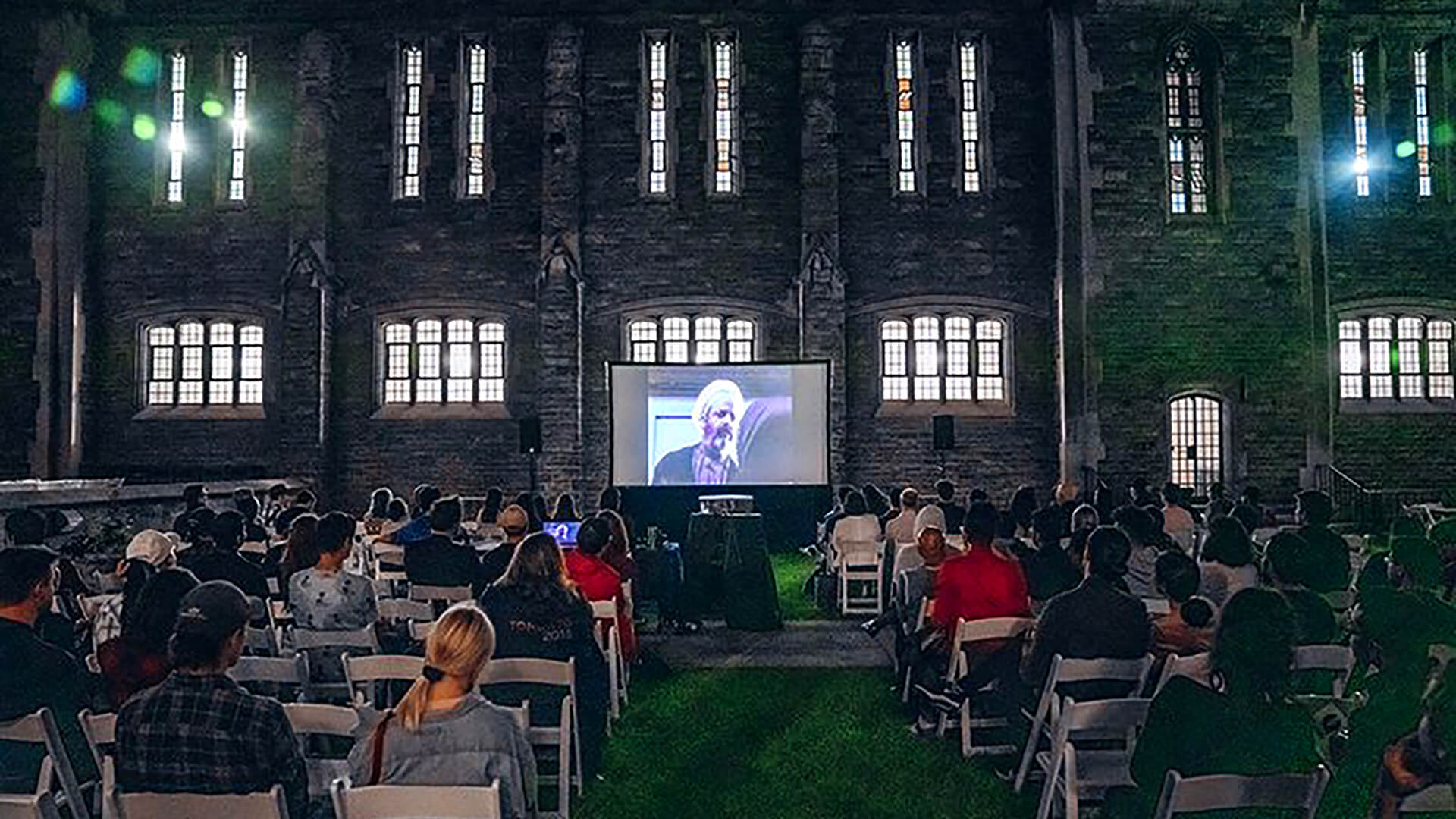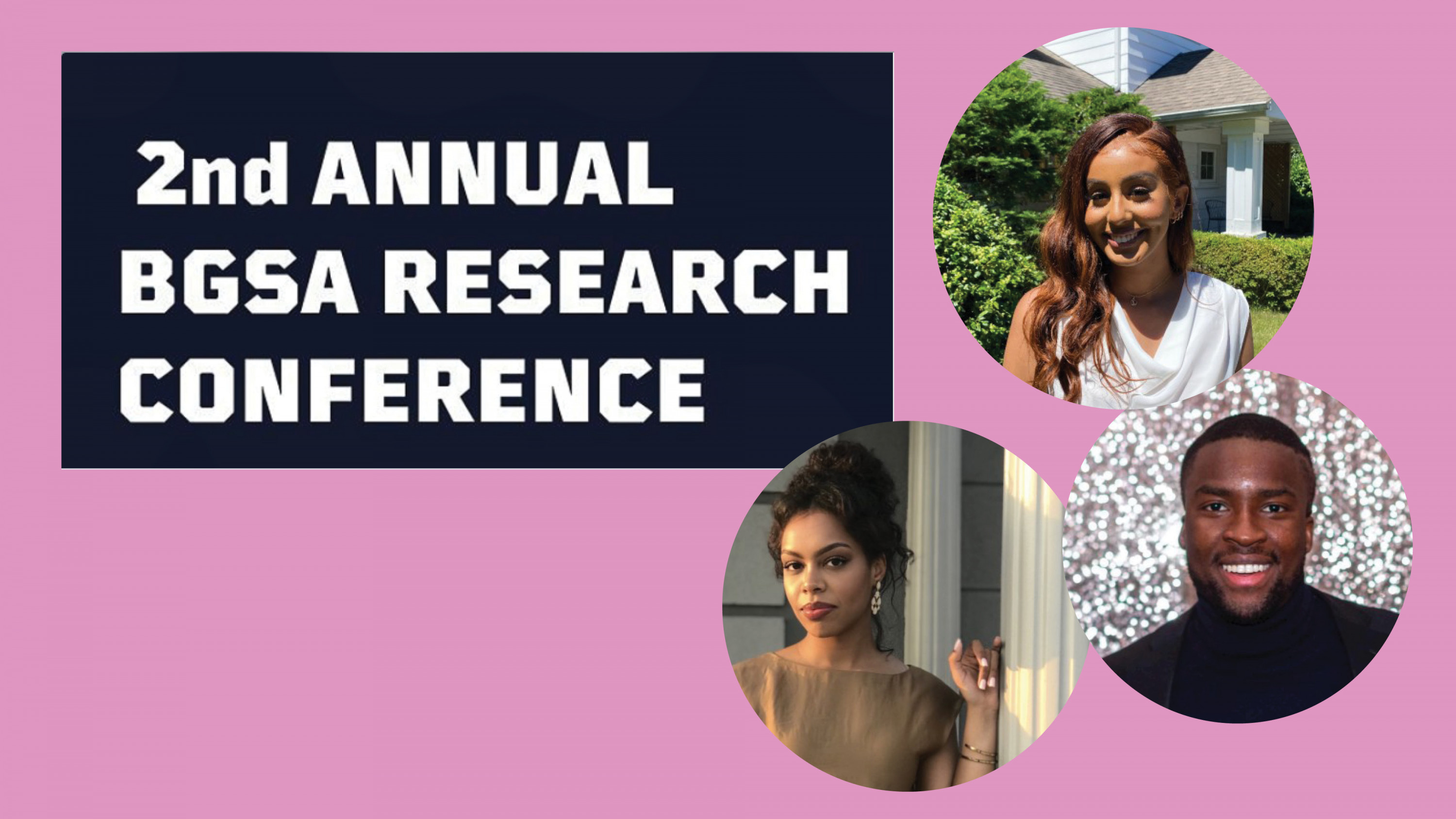
Hosted by Hart House, the Black Graduate Students Association Research Conference will provide an essential forum for young researchers and professors from across the globe. Three grad students discuss their exceptional work and the importance of the conference, as well as encourage young Black students to pursue their research dreams.
Mark your calendars: May 25, 2022, will be an important date for the research world. On this day, the Black Graduate Students Association Research Conference will be held (virtually) at Hart House, a centre known for offering students rich experiential learning opportunities.
This year’s theme is “Equity, Diversity and Inclusion in Action.” The lineup features a keynote address by Dr. Nicole Kaniki, the University of Toronto’s first Director of Equity, Diversity and Inclusion in Research and Innovation; a fulsome panel discussion with accomplished Black researchers and clinicians; and presentations where Black grad students, researchers and professors from around the world share their work.
Three graduate students – Kwame Agyei, Lydia Dagnachew and Samah Osman – discuss with the Hart House Quarterly their research; the importance of this conference, now in its second year; and encourage young Black students to consider a career in academia.
Research Will Have Real-World Impact
These three students are rising stars in the research world. Their work will have genuine and lasting impact.

Lydia and Samah’s research, on the strong Black woman stereotype and its effect on mental health in Canada, stemmed from an assignment in the Introduction to Qualitative Research course at Dalla Lana School of Public Health. Both students are pursuing their Master’s degrees in Public Health at U of T.
“As Black women, we thought it was an important area of research. It fills gaps in mental health literature; there was a scarcity of literature for Black Canadian women on this subject,” Lydia says, adding, “It's rooted in colonial history and anti-Black racism.”
While some might think it's a compliment to call Black women strong, it has damaging effects on their mental health. “It is associated with depressive symptoms, social isolation and self silencing. It's something that we want to profile at the conference as we think it also speaks to health equity – a really important area,” she emphasizes.

Kwame is pursuing a Doctor of Medicine at U of T. His research, on Alzheimer's disease and neurodegenerative conditions, is equally compelling. “My work looks at the theories and hypotheses behind the pathophysiology of Alzheimer's because it's a disease for which there is currently no cure. It affects roughly 50 million people worldwide, but in the next 10 years, that number is expected to more than double. So, this is a public health crisis,” he explains.
At the conference, he will discuss a case study of an elderly woman who appeared to present with reversible dementia (Alzheimer's). He wants to highlight the social, demographic and economic factors that impact vulnerable populations because, in this case, it wasn't just a medical issue, but other factors, such as food insecurity and technology, which were at play.
Kwame says that because this work looks into the social determinants of health, it's not considered “typical science.” He finds it most insightful because it cuts to the heart of what actually impacts numerous Black communities.
Students Emphasize the Importance of the Conference
Lydia thinks the conference’s discussion around equity and action is absolutely critical. “We’ve talked about health equity a lot in our courses and it's nice to see the opportunity given to Black students to showcase their research, especially because research isn't really something that Black students are showcased in often,” she says, adding, “We believe it's really important for Black students to lead research, to learn from our peers, learn from other Black students.”
Kwame agrees. Reflecting on his undergrad years at another Canadian university, he believes he could have benefitted from a conference of this kind “to bring students together and make them feel like they're part of the training. I think it's really important, encouraging. There tends not to be a lot of Black academics, in general, and I think there's a paucity especially in STEM [Science, Technology, Engineering and Math].”

Samah adds, “It's great that Hart House is hosting this conference, which is organized and presented by the Black Graduate Students Association. We appreciate any opportunity where Black researchers are showcased and research pertaining to Black people is the central focus. I hope Hart House continues to host this conference for many years.”
Words of Encouragement for Young Black Researchers
All three grad students strongly encourage Black students to pursue research. Samah states, “I would say 100 per cent go for it. There's space for Black students, even though it may not look like it. Just put yourself out there, choose something that you're truly passionate about and reach out to other Black students who came before you. Reach out to professors, to Black professors, to allies to our communities because there are many people who are willing to give a helping hand to Black students.”
Speaking directly to these students, she says: “Don't be afraid to take the lead on these projects. There are numerous issues within the Black community that haven't yet been addressed. As Lydia mentioned, there are gaps in the literature … and those gaps need to be filled by Black researchers. Don't wait for somebody else to take the lead and invite you in because we can do it ourselves.”
Kwame adds, “In my experience, as a young Black man navigating through this, I thought I was alone, but I didn't let that lack of community or support get in my way. I focused on my interests or why I was doing what I was doing – namely, because I really loved chemistry or Alzheimer's research.”
He reassures students: “Things will fall into place. You’ll eventually build that sense of community. We are fortunate to study at a multicultural institution like U of T, where you can seek out diverse mentors; there’s access to support. If you liaise with other Black academics or people in admin, they can give you guidance and introduce you to their network. That's how you build your career and go from there.”
Kwame offers final, aspirational words: “Don't let the lack of Black individuals in any field deter you because this lack of representation is a product of systemic barriers. At the end of the day, Black researchers are doing amazing things and you just have to remember that you're the future. Keep it going.”
Learn more about the Conference. Registration is open to all Black students, staff, faculty, community members; and non-Black allies.
